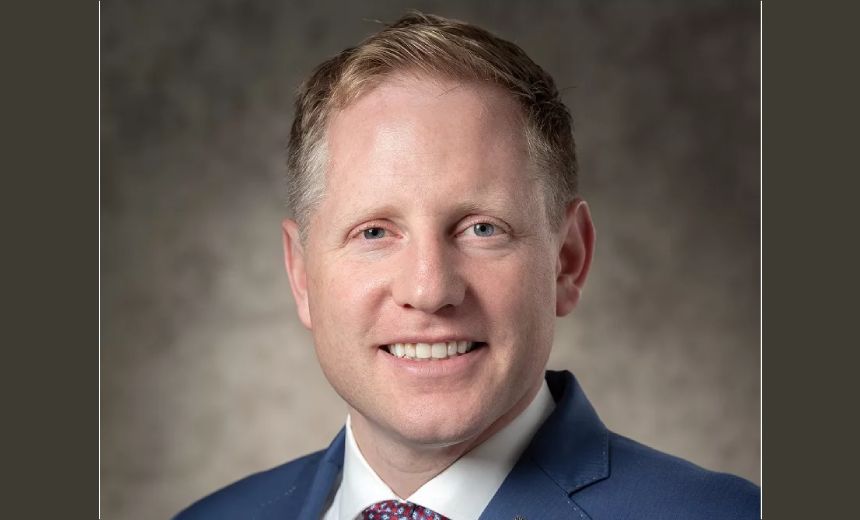Government
,
Industry Specific
Plankey Led Efforts to Engage Energy Sector in Cyber Prep During Trump’s First Term

U.S. President Donald Trump nominated a former Department of Energy and National Security Council cybersecurity official to lead the Cybersecurity and Infrastructure Security Agency.
See Also: New Attacks. Skyrocketing Costs. The True Cost of a Security Breach.
The White House tapped Sean Plankey, a National Guard and Coast Guard veteran, to follow Jen Easterly as the director of CISA, which serves as a federal gateway to the private sector and a defender of civilian networks. Plankey’s nomination is before the Senate Homeland Security and Government Affairs Committee for official consideration.
During Trump’s first term, Plankey was principal deputy assistant secretary for the Energy Department’s Office of Cybersecurity, Energy Security and Emergency Response, where he led efforts to engage the energy sector in improving cyber preparedness. The CISA director position has been vacant since Easterly stepped down on Jan. 20, former President Joe Biden’s last day in office.
Plankey also served as director for maritime and Pacific cybersecurity policy at the National Security Council, where he co-authored the National Maritime Cybersecurity Plan and multiple presidential directives on offensive cybersecurity operations. He has also served as the global cyber intelligence advisor for BP, as well as the deputy CIO for U.S. Navy Intelligence.
Plankey’s nomination comes less than two weeks after former DHS CIO Karen Evans was named as CISA executive assistant director for cybersecurity. And last month, Trump picked ex-GOP National Committee executive Sean Cairncross to be national cyber director despite having no cyber background. In that role, he will answer questions about the Trump administration’s approach to American cyber defenses (see: Trump’s Staffing Overhauls Hit Nation’s Cyber Defense Agency).
In 2020, Plankey told Information Security Media Group that Energy was working with the Department of Defense and the Department of Homeland Security to break down silos between the government and the private sector. He said the department made headway on collective defenses, with advancements particularly in the operational technology environment (see: The Need for a ‘Collective Defense’).
Given that most of the U.S. energy infrastructure is privately owned, Plankey said the government was working to integrate security across the sector while also pushing private companies to share their data with the government. Plankey was also working to make America’s energy supply chain more resilient since many components in the industrial and energy sectors are manufactured overseas.
Since first exiting the public sector in November 2020, Plankey has served as the general manager for post-quantum encryption document protection platform Indigo Vault, led go-to-market for container and hypervisor security vendor BedRock Systems, and led DataRobot’s efforts to use their AI cloud to solve cybersecurity problems. He graduated from the Coast Guard with a bachelor’s in management.
